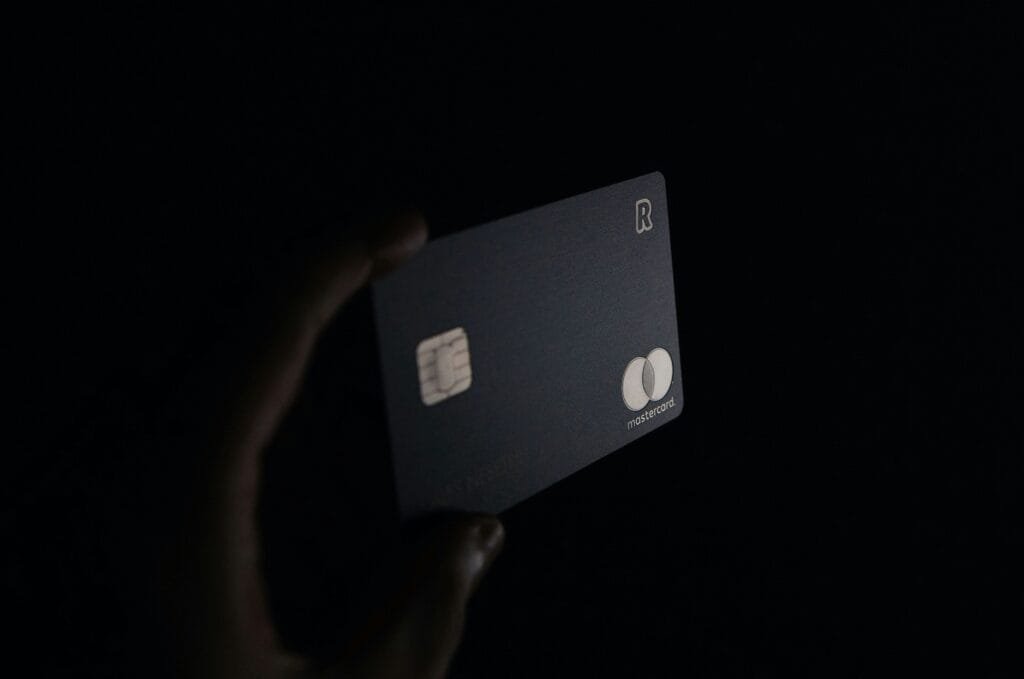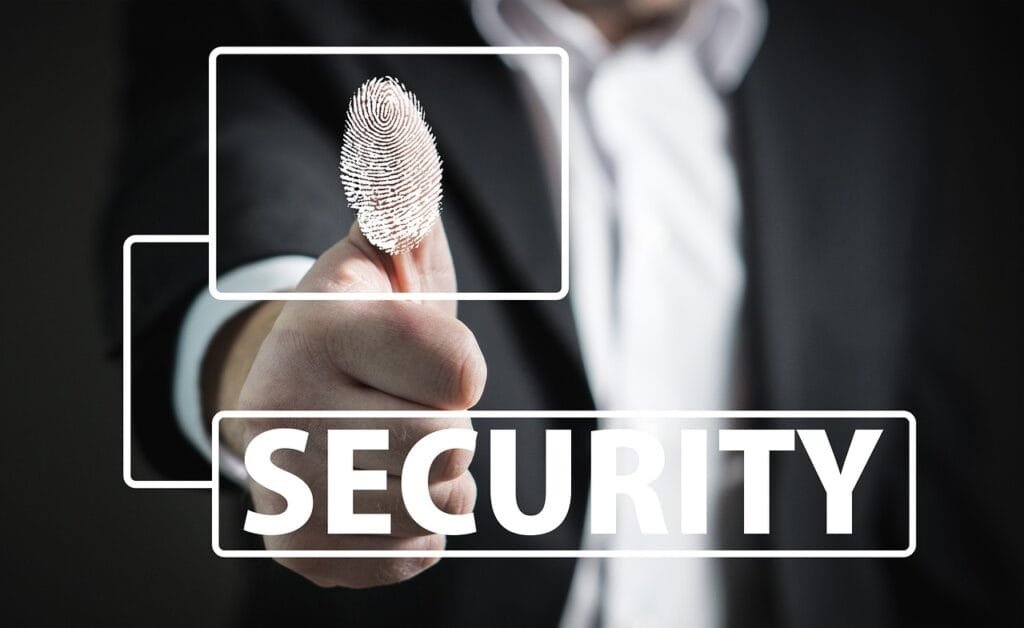Best Tools for Protecting Personal Financial Information
In an age where digital transactions and online banking are the norm, protecting your personal financial information is more important than ever. Cybercriminals are becoming increasingly sophisticated, and data breaches can have serious consequences for your financial well-being. Fortunately, there are a variety of tools available that can help you safeguard your sensitive information and prevent unauthorized access to your accounts. In this guide, we’ll explore some of the best tools to protect your personal financial information.

1. Password Managers
One of the easiest ways to protect your financial accounts is by using strong, unique passwords for each service you use. However, remembering all those passwords can be challenging. That’s where password managers come in. These tools securely store your passwords in an encrypted vault and automatically generate strong, random passwords for new accounts.
Recommended Tools:
- LastPass: LastPass offers both free and premium versions, allowing you to store and manage passwords securely. It also includes features like password sharing, dark web monitoring, and multi-factor authentication (MFA) for added security.
- Dashlane: Dashlane provides a clean interface and offers features like password health reports, breach alerts, and secure password sharing. It’s an excellent choice for those who want a simple yet effective tool.
- 1Password: Known for its robust security and user-friendly design, 1Password also includes features like travel mode, which removes sensitive data from your device while you’re traveling and restores it when you’re back home.
2. Two-Factor Authentication (2FA) Apps
Two-factor authentication (2FA) adds an extra layer of security to your accounts by requiring you to verify your identity using something you have (like your phone) in addition to your password. Even if someone steals your password, they won’t be able to access your account without the second factor of authentication.
Recommended Tools:
- Google Authenticator: Google Authenticator generates time-based codes that expire after a short period. It’s a simple, no-frills 2FA app that works with most services.
- Authy: Authy provides similar functionality to Google Authenticator but also offers cloud backups, which can be useful if you lose your phone or need to set up 2FA on multiple devices.
- Microsoft Authenticator: Microsoft’s solution integrates well with Windows systems and offers additional features like passwordless sign-ins and app-based 2FA for a wide range of services.
3. Encryption Tools

Encrypting sensitive files and communications ensures that even if your data is intercepted, it remains unreadable to unauthorized parties. Encryption tools help protect your financial documents, banking information, and any other private data you may store or share online.
Recommended Tools:
- VeraCrypt: VeraCrypt is a free, open-source encryption tool that allows you to create encrypted volumes on your device. It’s an excellent option for those who want to encrypt large files or entire drives.
- ProtonMail: ProtonMail is an encrypted email service that ensures your communications remain private and secure. It’s particularly useful for sharing sensitive financial information via email.
- Signal: Signal is a secure messaging app that uses end-to-end encryption to protect your conversations. It’s a great alternative to traditional messaging apps if you need to share sensitive information.
4. Virtual Private Networks (VPNs)
A VPN encrypts your internet connection and hides your IP address, ensuring that your online activity remains private. This is particularly useful when accessing your financial accounts over public Wi-Fi, as it protects you from hackers who may be trying to intercept your data.
Recommended Tools:
- NordVPN: NordVPN is one of the most popular VPN services, offering strong encryption, a no-logs policy, and servers in over 60 countries. It’s a great choice for those looking for a secure, fast VPN.
- ExpressVPN: ExpressVPN is known for its speed and reliability, making it a top choice for streaming, browsing, and secure online banking.
- ProtonVPN: ProtonVPN offers both free and premium plans and is known for its focus on privacy and security. It’s a solid option for those who want a VPN with a strong commitment to data protection.
5. Credit Monitoring Services
Credit monitoring services alert you to any changes in your credit report, such as new accounts opened in your name or hard inquiries. This can help you detect identity theft early and take action before significant damage is done to your finances.
Recommended Tools:
- Experian: Experian offers a credit monitoring service that provides alerts about changes to your credit report, as well as access to your credit score and identity theft protection.
- Credit Karma: Credit Karma offers free credit monitoring and provides you with regular updates on your credit score. It’s a good choice for those looking for a free solution with added perks.
- IdentityForce: IdentityForce not only monitors your credit but also provides comprehensive identity theft protection, including recovery services if your identity is stolen.
6. Secure Payment Methods
Using secure payment methods can help protect your financial information when shopping online or in-store. Digital wallets and payment services add a layer of security by keeping your card details private from merchants.
Recommended Tools:
- PayPal: PayPal acts as an intermediary between your bank account and the merchant, ensuring your card information is not shared during transactions.
- Apple Pay/Google Pay: Both Apple Pay and Google Pay use tokenization to protect your card details, replacing your card number with a unique token during transactions. This reduces the risk of your card details being exposed.
- Privacy.com: Privacy.com allows you to create virtual cards for online purchases. You can set spending limits and even use one-time-use cards to protect your real card information.

Conclusion
Protecting your personal financial information is essential in today’s digital world, and fortunately, there are numerous tools available to help you stay safe. Whether you’re using password managers to create strong, unique passwords, encryption tools to safeguard sensitive files, or VPNs to keep your internet activity private, taking steps to secure your data can significantly reduce the risk of financial fraud. By using these tools, you can rest easy knowing that your personal financial information is protected from cybercriminals.
If you’re interested in learning more about the evolving landscape of personal finance, be sure to check out our in-depth article on How Digital Banking is Redefining Personal Finance. It explores how modern digital banking solutions are transforming the way individuals manage their money, offering greater convenience, efficiency, and financial control.



